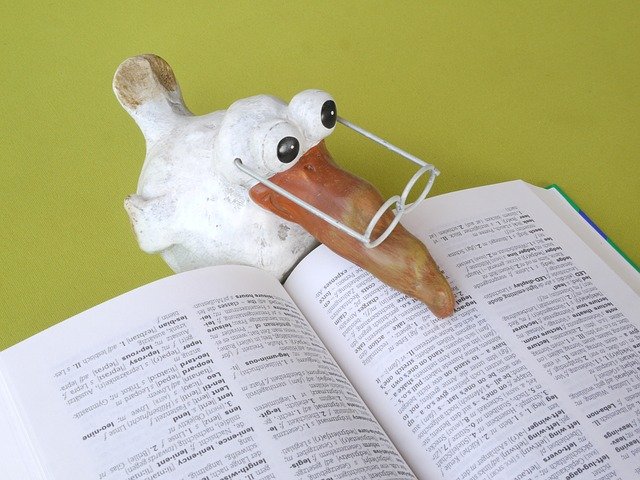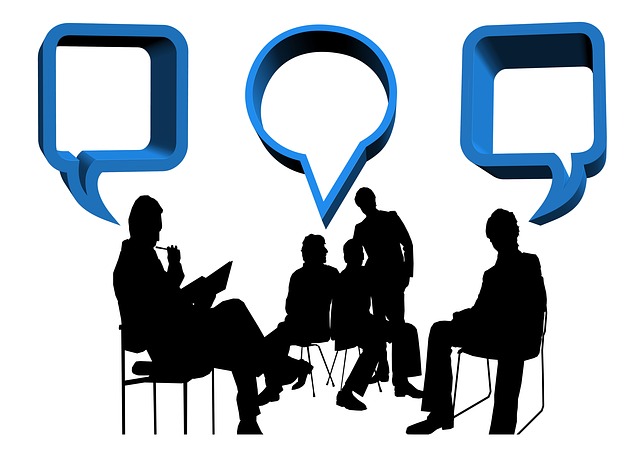What is POVERTY?
We commonly use the word poverty. However, do we really know its meaning? Watch the following video to check if you knew its proper meaning.
a) Watch the following video:
b) Read and answer the following questions:
- What is poverty?
- Is poverty the same for everyone?
- Who can be affected by poverty?
c) Read the following article which belongs to the United Nations and it is not adapted. You just have to skim it and to scan it.
First, skim the reading to grasp the main idea and, secondly, scan it to get the specific information that calls your attention.
d) Complete:
i. The main idea of the article is:
____________________________________________________________________________________________________
ii. Specific information that called my attention:
- _______________________________________________________________________________________________________________________________
- _______________________________________________________________________________________________________________________________
- _______________________________________________________________________________________________________________________________
Here you can download the handout for the students to write their answers in odt or pdf.


